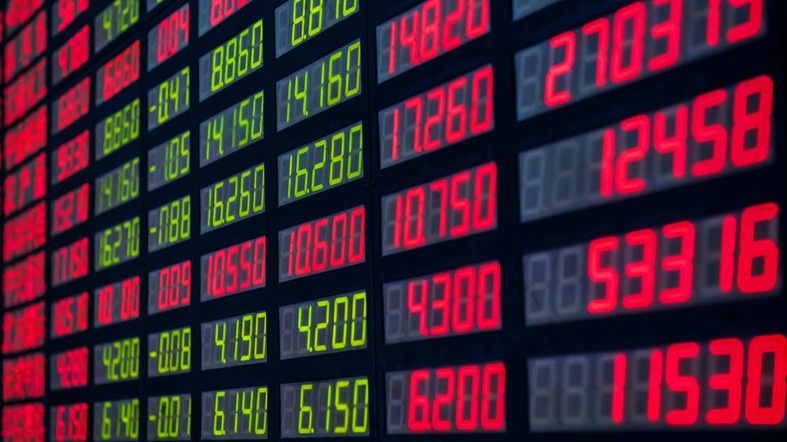Nigeria has unveiled plans to offer 12 oil blocks and 5 deep offshore assets to global investors.
The announcement was made during the ongoing 2024 Offshore Technology Conference (OTC) in Houston, United States, where Nigerian officials presented the country’s vast hydrocarbon potential to an international audience of industry stakeholders.
Addressing participants at the African Oil Industry Opportunities Session, a side event at the OTC, Gbenga Komolafe, Chief Executive of the Nigerian Upstream Regulatory Commission, outlined Nigeria’s significant reserves and emphasized the strategic importance of leveraging these resources for economic development.
With over 37.5 billion barrels of crude oil and condensate reserves, as well as 209.26 trillion cubic feet of natural gas reserves, Nigeria stands as a major player in Africa’s energy landscape.
Komolafe highlighted the government’s commitment to conducting a transparent and competitive bidding process, in accordance with the Petroleum Industry Act (PIA) and applicable regulations.
The 2024 Licensing Round, he noted, marks a significant milestone in Nigeria’s hydrocarbon development initiative, introducing 12 carefully selected blocks spanning diverse geological formations, from onshore basins to deep offshore territories.
Each block has been identified for its potential to enhance Nigeria’s reserves and stimulate economic growth, offering opportunities for investors to participate in the country’s oil and gas industry.
The bidding process, which commenced on April 29, 2024, is structured to ensure fairness, competitiveness, and transparency, with guidelines issued to guide prospective bidders.
In addition to the 12 blocks, Nigeria will also conclude the sale of seven deep offshore blocks from the 2022 Mini-Bid Round Exercise, covering approximately 6,700 km2 in water depths ranging from 1,150m to 3,100m.
This comprehensive offering underscores Nigeria’s commitment to maximizing the potential of its petroleum resources and attracting strategic investments to drive sectoral growth.
The bidding round, scheduled to conclude by January 2025, presents a significant opportunity for investors and companies to participate in Nigeria’s oil and gas sector.
The inclusion of both new greenfield blocks and assets from previous bid rounds reflects the government’s dedication to fostering innovation, technological exchange, and capacity building within the industry.
With criteria emphasizing technical competence, financial capacity, and viability, the 2024 licensing round aims to be conducted in a fair, competitive, and non-discriminatory manner, in line with the provisions of the Petroleum Industry Act.
As Nigeria positions itself as a prime destination for oil and gas investment, stakeholders are optimistic about the potential for sustainable growth and development in the sector.


 Naira3 weeks ago
Naira3 weeks ago
 Naira3 weeks ago
Naira3 weeks ago


 Naira4 weeks ago
Naira4 weeks ago




 Naira2 weeks ago
Naira2 weeks ago
 Commodities4 weeks ago
Commodities4 weeks ago


 Sport Business4 weeks ago
Sport Business4 weeks ago


 News3 weeks ago
News3 weeks ago


 Banking Sector4 weeks ago
Banking Sector4 weeks ago























